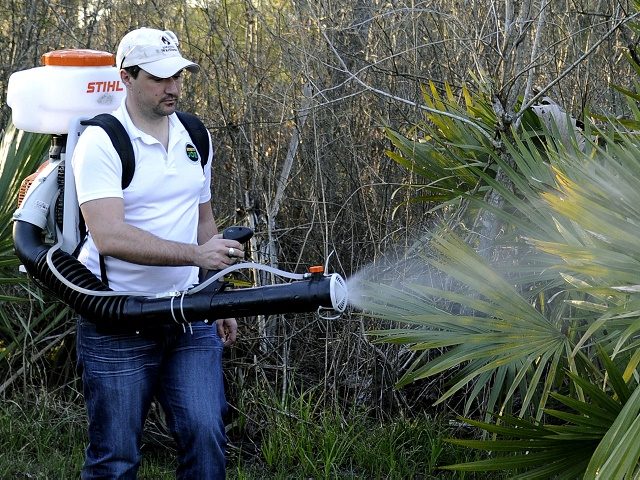The year winds down with yet more Zika reported in Texas. While travel-related, the latest case marks the first case of the virus in Hays County.
In a statement Thursday, Hays County spokesperson Laureen Chernow announced that a person who traveled to Puerto Rico tested positive for Zika. The patient is the county’s first travel-related case of the disease on record. County officials received confirmation from the Texas Department of State Health Services (DSHS) and the U.S. Centers of Disease Control and Prevention (CDC) of the resident who became infected. This individual, who officials said is not contagious and does not pose a health risk to residents, contracted Zika while traveling to Puerto Rico in August. Because of privacy laws, Hays County officials did not identify if the person was male, female, or pregnant.
To date, pregnant women continue to remain the most vulnerable population segment to Zika given the reported health risks to their unborn babies. Those risks include microcephaly, the birth defect characterized by a baby born with a very small head and severe brain damage. Earlier this month, the American Academy of Pediatrics (AAP) reported that roughly four percent of infants or fetuses in the United States were diagnosed with microcephaly when their mothers contracted the virus while pregnant. AAP noted that the microcephaly rate far surpassed the typical rate of 0.07 percent when Zika was not involved. Overall, six percent of infants or fetuses developed Zika-related birth defects when the mother contracted the virus while pregnant.
AAP findings reflected a December study in the Journal of the American Medical Association (JAMA), which emphasized the need for pregnant women to avoid travel to areas with active Zika transmission as well as use condoms to prevent sexual transmission throughout pregnancy if their partner recently traveled to an area of active Zika transmission.
The Aedes aegypti mosquito that carries Zika is native to Texas. It is the same species of the winged insect that can transmit the West Nile, dengue, and chikungunya viruses. This type of mosquito is an aggressive daytime biter and is found near populated areas.
Throughout 2016, state public health officials remained on high alert over the possibility of a “transmission cycle” where local mosquitoes become infected with the virus and then spread Zika to the population through their bites. This summer, South Florida experienced such a cycle. By August, DSHS Commissioner Dr. John Hellerstedt said local transmission in Texas was imminent.
On November 28, the DSHS announced the state’s first case of a local mosquito-borne Zika infection in the border city of Brownsville, By mid-December, the CDC issued a travel warning for individuals living or visiting Brownsville in Cameron County after health officials confirmed five local mosquito spread cases. This week, the city reported a sixth locally transmitted case.
In addition to the state’s ongoing mosquito abatement efforts, the DSHS continues to urge Texans to follow public health prevention guidelines. Texas Medicaid offered free cans of mosquito repellent to eligible women ages 10 to 45 or pregnant through the end of October. Public health officials reinstated this program once Cameron County officials reported the first mosquito-borne Zika case in Brownsville.
As of December 28, the CDC accounted for 4,809 cases, up over 50 nationwide from the previous week’s report. Travel-associated cases made up 4,592 of all cases while 216 (210 in Florida, 6 in Texas) acquired the virus from local mosquitoes. In Texas, the DSHS reported 290 Zika cases for the week ending December 23. This count includes 21 pregnant women, two infants infected before birth, and two people who had sexual contact with travelers. However, the total does not reflect the latest case in Hays County.
Follow Merrill Hope, a member of the original Breitbart Texas team, on Twitter.

COMMENTS
Please let us know if you're having issues with commenting.